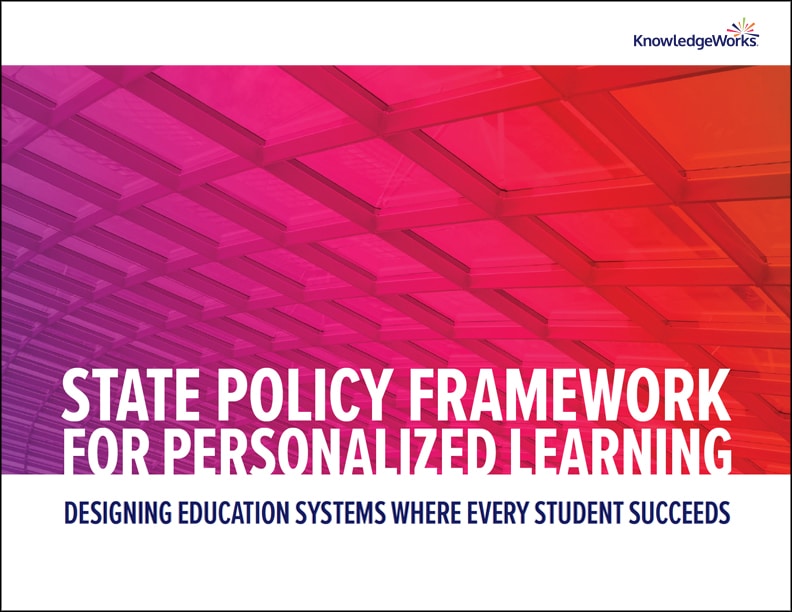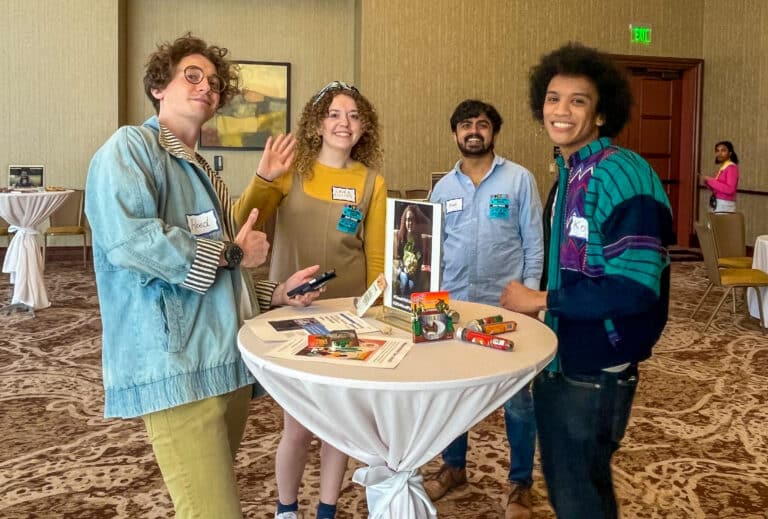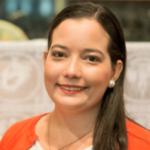Advocacy and community ownership can help advance equitable and just futures for students. So what might the future of learning look like if concerted, thoughtful advocacy work were part of the education system?
For a more in-depth conversation on the topic, watch Olson’s episode of Tomorrow conversations, facilitated by Remake Learning Field Director Ani Martinez and KnowledgeWorks Director of Strategic Foresight Jason Swanson.
Making change in the future requires engagement from everyone.
While some types of transformative learning practices can be implemented without policy change, personalized, competency-based learning requires systems change, including policy. Thoughtful policy change requires a collective buy-in. State and local decisionmakers have a duty to bring voices into the change process, and advocates have a duty to make their voices heard. Increasing stakeholder engagement and shared accountability across systems are critical elements to successfully creating policy change and sustaining its implementation.
It’s difficult to sustain personalized, competency-based learning classroom by classroom. There has to be a system-level buy-in. This buy-in is created in large part when advocates with experience in practicing personalized, competency-based learning share the importance of their work with decisionmakers who, in turn, can enable the practices to deepen through policy change.

Enable transformation with policy change.
Tried and true advocacy strategies, such as coalition-building, are still relevant in today’s environment, and may increase in importance over time. As politics have become more and more polarized, if you do not have a coalition built, it can become very easy to conflate politics with policy. When advocates find common ground, even when they differ on other policy issues, it allows decisionmakers to move beyond partisanship and transform systems.
To reimagine what school and community engagement might look like in the future if advocacy for transformative systems change were prioritized, consider:
- What if schools reimagined guidance counselors as facilitators that help elevate students’ needs to adults within the school and leaders within the broader community? What if we were able to create entirely new positions that held that role?
- What if community change was part of the learning process for students?
- How might students be a part of the change-making process?
Rethinking roles and ways in which learning ecosystems engage in the changemaking process opens the door for more relevant learning for students in the future.
Considering a call to action
Every voice is important in a policy change process, be it local, state or federal. You can be an advocate for transformative education and for personalized, competency-based learning – as a student, an educator, a parent, a community institution or even as a policymaker – by:
- Bringing a variety of voices together to build capacity for the work
- Being a source of knowledge
- Sparking passion for student-centered frameworks
- Demonstrating successes
- Driving change forward with strategic activities







